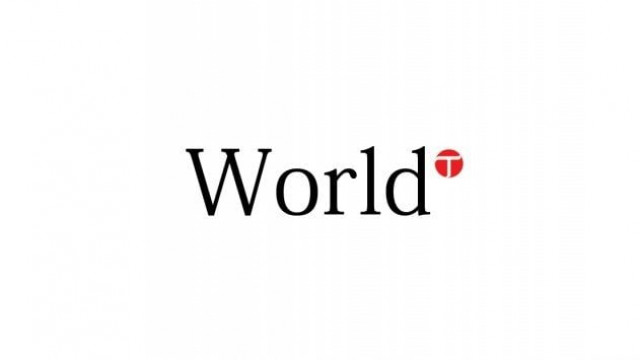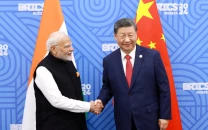Israel under diplomatic siege?

“Yes,” say the hopeful onlookers of the region. Israeli Navy’s raid on the Turkish-flagged ship, which left nine activists dead and several people wounded, was seen as a massive PR disaster. The entire episode on the high seas has left Israel weaker and lonelier than it was a week ago, say critics.
The Jewish state’s relations with Turkey were already deteriorating. But the assault appears to have cost Israel a rare Muslim ally. America, still Israel’s strongest partner, is growing increasingly frustrated with the Israeli leadership’s perceived trigger-happy approach to deal with the Palestinian threat. In the European capitals, sympathy for the Israeli stance seems to have received a major blow as calls for ending the Israeli blockade of Gaza gain a new momentum.
“Wishful thinking!” observe veteran commentators of the Middle East. Yes, Israel is facing diplomatic pressure. But the feeling that the world is ganging-up on the Jewish state could make the hawkish government of Prime Minister Netanyahu even more defiant. Israel’s current political dynamics suggest that Mr Natenyahu is not under any domestic pressure to adopt a reconciliatory approach towards the Palestinians.
In fact, an Israeli poll conducted just days after the commando raid on the flotilla showed that while there is disagreement over the manner in which the naval operation was conducted, about 61 per cent of people generally supported the action. Similarly, sceptics point out that while the Obama administration “expressed regret” over loss of lives and called for a “full and credible investigation”, in diplomatic terms, the US response was generally seen as muted.
No doubt last week’s violent events have brought a new sense of urgency to the plight of 1.5 million Gazans, locked inside the 40km by 10km strip of land along the Mediterranean coast. After all, as one leading pro-Palestinian activist aboard the flotilla told the BBC, “Gaza is like the world’s biggest prison.” But if Israel is the jailer with all the keys in hand, it seems, as one British newspaper put it “a policy of trying to imprison the Palestinians has left the jailer strangely besieged”.
For years, Amnesty International has described the blockade a form of “collective punishment” resulting in a “humanitarian crisis”; UN officials have been describing the situation as “grim”, “deteriorating” and a “medieval siege”.
For its part, Israel maintains that the embargo is necessary to keep Hamas in check. It further holds that there are no shortages in Gaza, pointing to the aid it allows in.
The Israeli authorities keep secret what exactly they prohibit or permit to go into Gaza, and the list often changes. But information compiled by Gisha, an Israeli human rights group, suggests there isn’t a huge amount of logic that goes into formulating the Israeli lists. So, for example, while Israel often allows canned meat and tuna into Gaza, it bars import of canned fruit. Mineral water is allowed, but not fruit juice. Tea, coffee and sesame paste is allowed but not jam and chocolate. Import of black pepper is seemingly okay, but sage, cumin and coriander is prohibited. And the bizarre list goes on and on. More crucially, the crisis over the flotilla raid has highlighted Israel’s ban on cement and other heavy construction materials Gaza badly needs since the devastation 16 months ago. Israel says it will not allow any such material, which it believes, Hamas could use for military purposes.
That still doesn’t explain why Israel has put newspapers, musical instruments and even A4 paper on its banned list. And yet, the hard fact is that many of these banned products are available in Gaza because they are regularly smuggled in through tunnels from Egypt.
No surprise then that there seems to be a growing sense within Israeli commentators – even those who advocate a tough stance against Hamas – that Israel’s ill-defined and arbitrarily enforced blockade has damaged Israel more than Gaza’s militant rulers. Given America’s renewed insistence that the blockade of Gaza is untenable, the flotilla episode could potentially encourage Israel to review its Gaza strategy.
The problem for Israel’s hawkish politicians is that they can not afford to be seen to be making policy adjustments in the face of international pressure. For many hardliners in Israel’s coalition government, that would be like giving Hamas – and consequently Iran – a victory. And so, for Mr Netanyahu, as long as the political costs of choosing an alternative approach out-weigh the potential benefits, a change in status quo is likely to remain painfully slow and hard. The writer is the Middle East Editor of BBC World Service
Published in the Express Tribune, June 11th, 2010.



















COMMENTS
Comments are moderated and generally will be posted if they are on-topic and not abusive.
For more information, please see our Comments FAQ